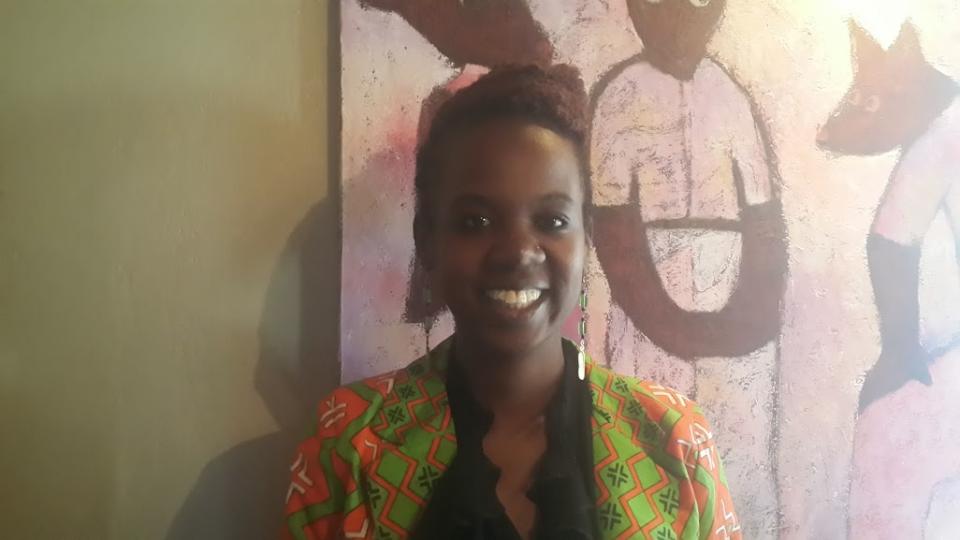
In March 2013 Sitawa Wafula appeared as a guest on Kenya Television Network (KTN) where she shared how she had survived rape as a teenager, and her ongoing struggle with bi-polar disorder and epilepsy. An excerpt of her interview was shared on KTN’s Facebook page and to the horror of Sitawa, her friends and family, she received approximately 514 negative comments. Yes, she and her friends counted the amount of vitriol that was directed at her. Comments such as, “If she was raped why was she smiling on TV” and “that’s why she is mad”. In describing this act of digital misogyny to me, Sitawa stated, “It felt like 514 people had raped me all over again”. Thankfully Sitawa has a supportive network of friends who lobbied the TV station to take down the footage from its Facebook page, but the effects of this stayed with Sitawa for a long time. In the immediate aftermath she slipped into a funk. She stopped answering her calls, and did not want to conduct any more media interviews. In reflecting upon her experience, Sitawa says that it is important that TV stations inviting people to share details of a traumatic experience should have a psychologist available (perhaps as a guest on the same show), so that the person having to re-live this experience has a trained professional that they can speak to for a few minutes after the show ends.
Sitawa Wafula is quite possibly Kenya’s leading mental health crusader. In a context where mental health illnesses are associated with ‘family curses’, and people known to be suffering from a mental health condition are highly stigmatized Sitawa has spoken up boldly about living with bi-polar disorder, and the traumatic rape that triggered that condition. Social media has been essential to Sitawa’s efforts to create more awareness of the pervasiveness of mental health. In her words, “if one in four people suffer from a mental health condition, then every family is affected”. She has utilised digital technology to share information about managing mental health conditions with her tools of choice including a personal blog where she shares her personal experience of living with epilepsy and bi-polar disorder. Every Tuesday, 2-3 pm Kenya time, @SitawaWafula facilitates a tweet chat on a variety of mental health related topics such as recognizing the various types of mental health conditions that exist, identifying coping mechanisms and sharing tips on how to create support structures.
Fortunately Sitawa is committed to her mental well-being and those of others. She did not allow the negative comments from Facebook to prevent her from speaking out, which is what the perpetrators of digital misogyny seek to do. Digital misogynists seek to silence women who speak out. They target feminist and activist women. Those women who do not box themselves into neat socially acceptable boxes, who dare to say, ‘I survived rape. I live with bi-polar disorder and epilepsy’. In 2014 Sitawa was recognized as a Google Africa Connected Winner. This prize focuses on the internet and its impact. Perhaps the most rewarding aspect of this prize is that online voters across the African continent select the winners. 514 misogynists may have tried to shut Sitawa up, but thousands of Kenyans and Africans recognize the essential space she has created for dialogue around mental health challenges in Kenya, and in this increasingly interconnected world, this ripple effect could manifest globally.
Picture by Nana Darkoa Sekyiamah
- 5076 views






Add new comment